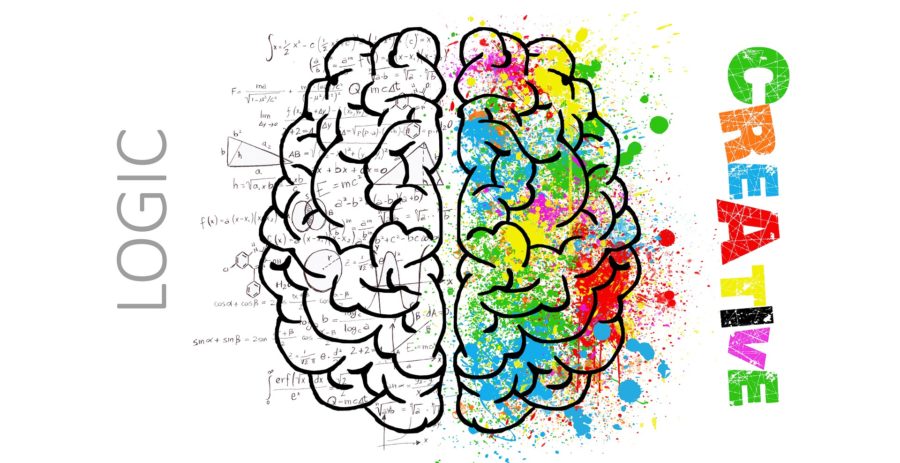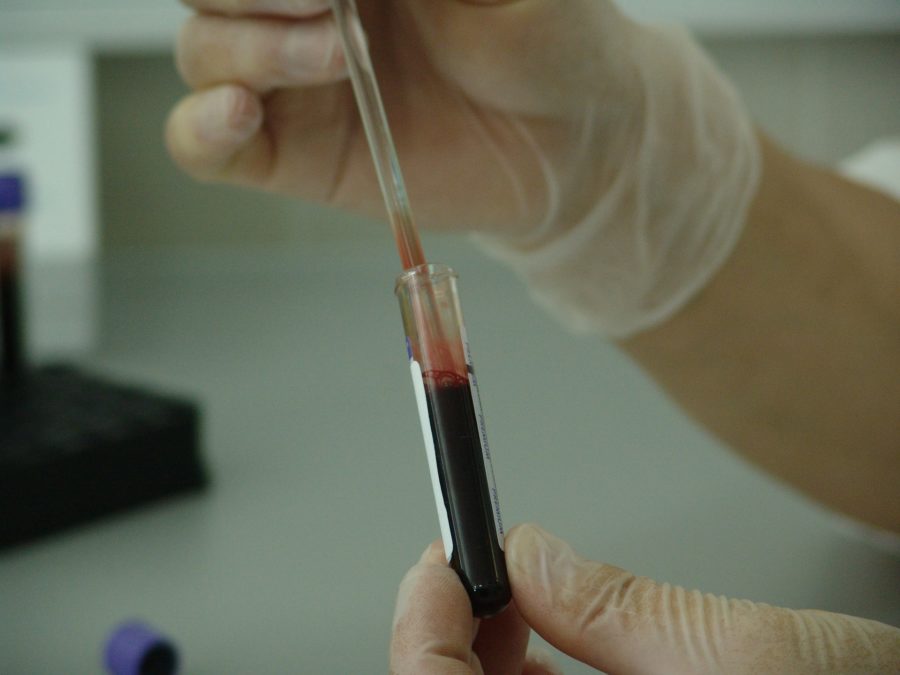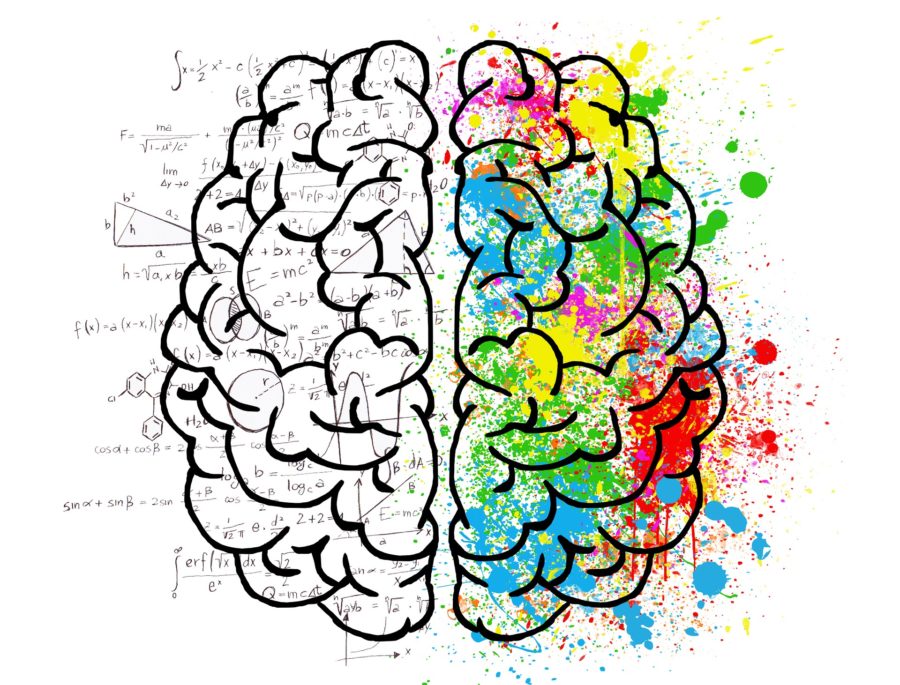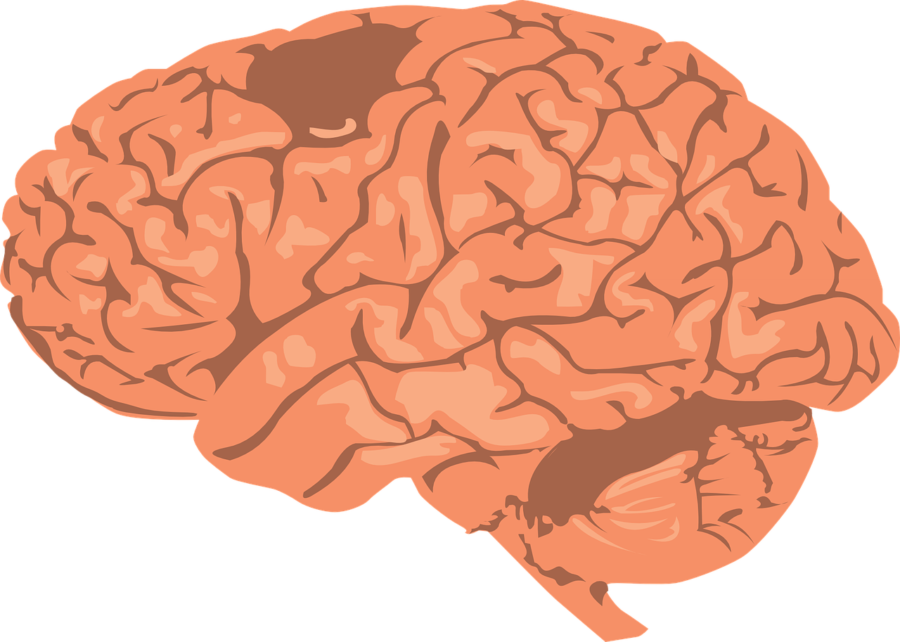
With Thanksgiving approaching it’s no surprise that food is on many our minds. Those gathered around the table on Thursday will taste food that is sweet, salty and everything in between.
It has been commonly believed that our tongue, or rather our taste-buds, do the tasting and then send signals to our brains. A new study blew this idea out of the water and may have a new explanation for why we taste the way we do.
The new study has recently found that we don’t acquire tastes through learning or experience, as previously thought, but rather that these tastes are hardwired into our brains.
According to Charles S. Zuker, the molecular geneticist and neurobiologist who lead the study, the taste receptors in the tongue can detect a sweet, sour or bitter taste but it is ultimately the brain that gives meaning to the chemicals.
The study was performed using mice as subjects and the goal was to determine if specific regions in the brain represent sweet or bitter. If these regions existed, they could be manipulated and the animal could be prevented from tasting sweet or bitter, and when activated they could taste sweet or bitter even if they were only getting regular water.
During the study researchers used optogenetics, which is a biological technique that uses light to control cells in living tissue, activating certain neurons using a laser light.
Yueqing Peng, who was involved with the study, used this technology to discover if controlling certain neurons in the brain of a mouse could then give it the perception of a sweet or bitter taste, without the mouse every actually tasting.
Researchers observed that by silencing the sweet neurons through injecting the mice with a substance, the mice were then unable to recognize the sweet taste. They also tried the same technique with the bitter taste.
The study was also able to make the mice believe that they were tasting a sweet or bitter substance even when they were only drinking plain water. This was done by giving the animals plain water to drink, then activating the sweet or bitter neurons while the animals were drinking.
Researchers found that when the sweet neurons were activated the animals showed responses such as increased licking, however when they activated the bitter neurons the animals showed gagging behavior.
These findings were published in the online version of “Nature”, an international weekly journal of science, earlier in November.
According to Zuker, the experiments show that taste is hardwired and is independent of learning or experience.
“In other words, taste is all in the brain,” Zuker said.








